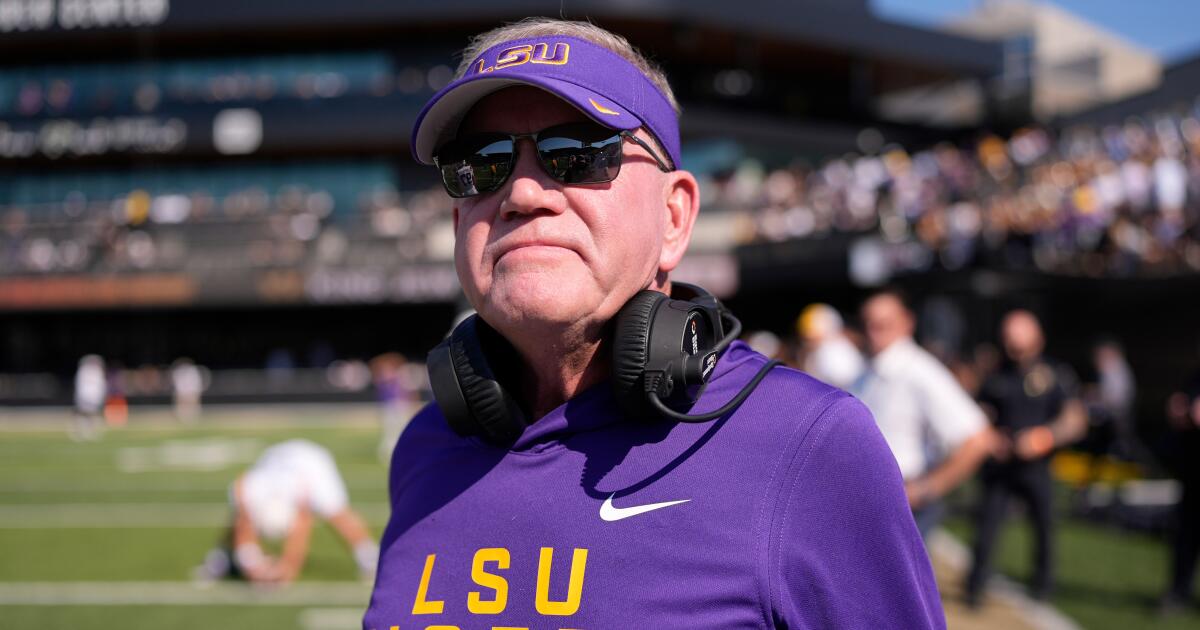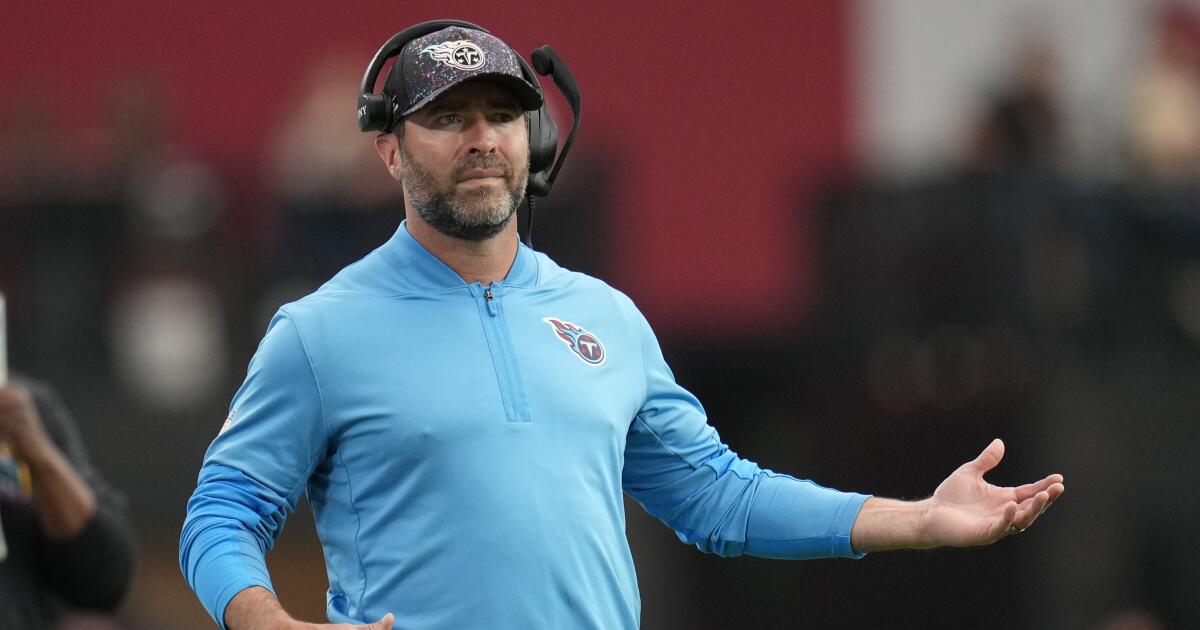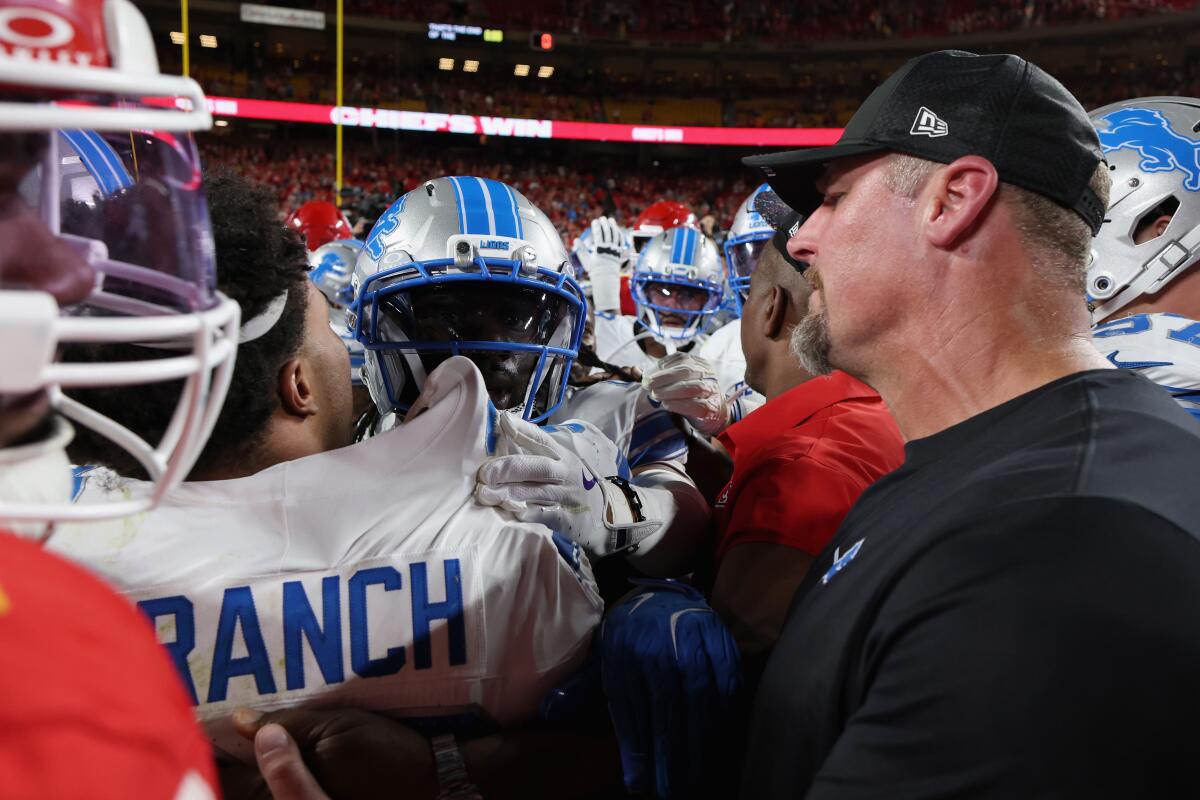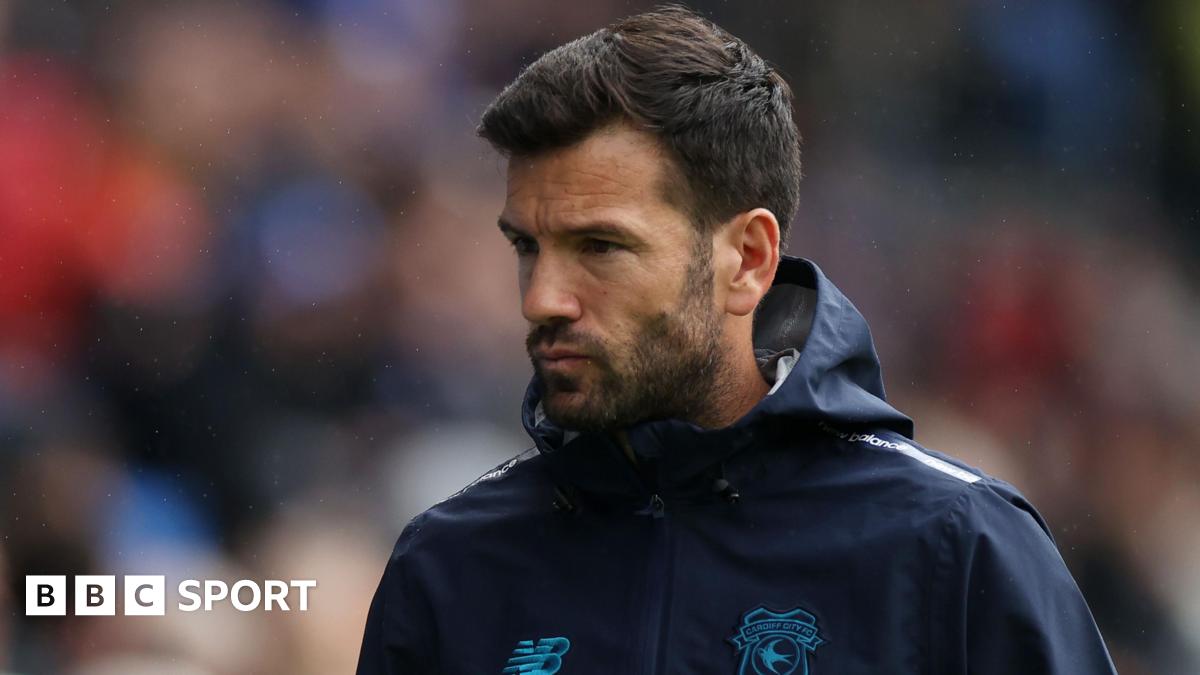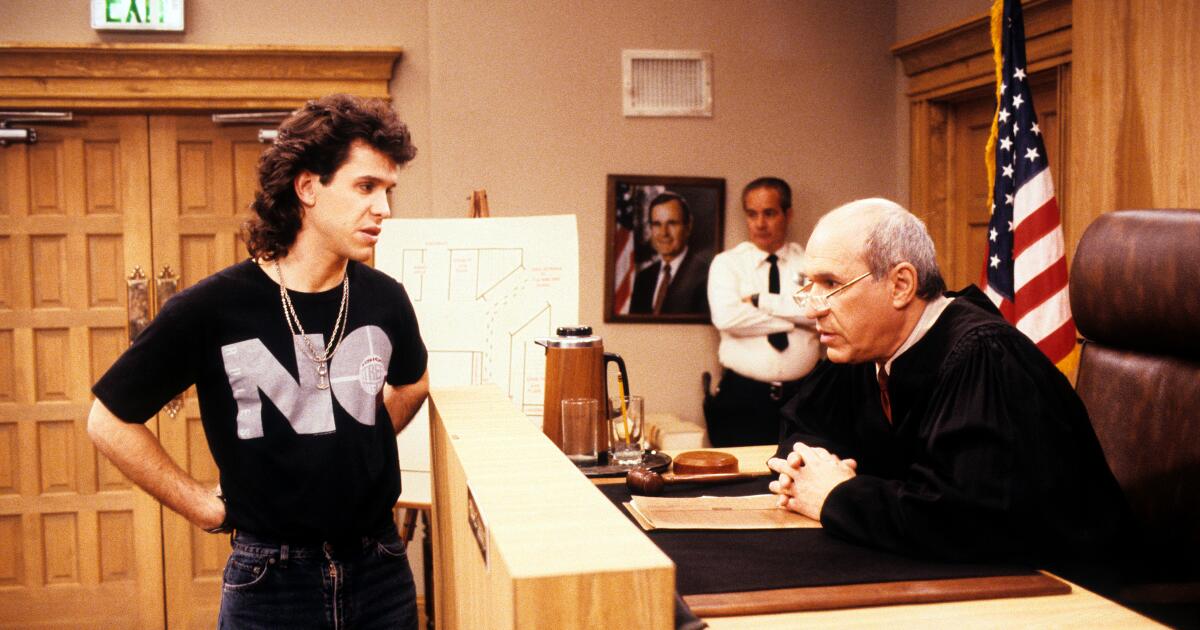The Stray Cats cancel tour due to Brian Setzer’s ‘serious illness’
Brian Setzer was on tour with the Stray Cats last year when he noticed the earliest signs of what was eventually diagnosed as an autoimmune disorder.
Now, it seems that disorder may be keeping Setzer off the road.
The Stray Cats said Tuesday they would be canceling their fall U.S. tour as Setzer, 66, battled a “serious illness.” The announcement comes months after Setzer’s diagnosis, although it’s not yet clear if this is a separate health issue.
“I know this affects so many people and I am devastated to have to deliver this news,” Setzer wrote Tuesday on X. “I’ve been trying everything I can to go on and do these shows, but it is just not possible.
“I’ve been looking forward so much to being on stage with my band mates again,” he said, “and playing for all of our amazing fans, and I’m gutted.”
The Stray Cats initially canceled the first two stops on their fall run, in Mount Pleasant, Mich., and Rockford, Ill., before scrapping the whole tour Tuesday. The band said refunds would be available at the point of purchase and did not announce any future tour dates.
Setzer first shared details about his unspecified autoimmune disease in February, writing on social media that, although the illness was not painful, it rendered him unable to play guitar.
“It feels like I am wearing a pair of gloves when I try to play,” he wrote, adding that the disease had for a time hindered his ability to accomplish everyday tasks like tying his shoes.
The artist said that he had been improving as he received care at “the best hospital in the world down the block from me,” the Mayo Clinic.
“I know I will beat this, it will just take some time,” he said. “I love you all.”
The Stray Cats, formed by Setzer, Lee Rocker and Slim Jim Phantom in 1979, have dissolved and re-formed several times over the decades. In 2019, the founding trio reunited to release a 40th anniversary album, aptly dubbed “40,” their first album in a quarter of a century.
On Friday, the band rolled out its first release since then. The pair of singles, consisting of original song “Stampede” and a cover of Eddie Cochran’s “Teenage Heaven,” were described on the band’s website as “loud, upbeat, and unmistakably The Stray Cats.”
“Jim and I cut both songs in Minneapolis at Terrarium Studios,” Setzer said in a statement posted to the site. “‘Stampede’ was an instrumental that I wrote lyrics for. I basically copied the guitar part, which was pretty ahead of its time to begin with, and ‘Teenage Heaven’ is one of the few Eddie Cochran songs that has not been covered to death.”
Rocker said “‘Stampede’ has the drive and intensity that brings me back to our first album,” and “‘Teenage Heaven’ is a classic Eddie Cochran song that we put our [Stray] Cats magic on.”
“The Cats are back and better than ever,” the bassist said.
Times staff writer Alexandra Del Rosario contributed to this report.

